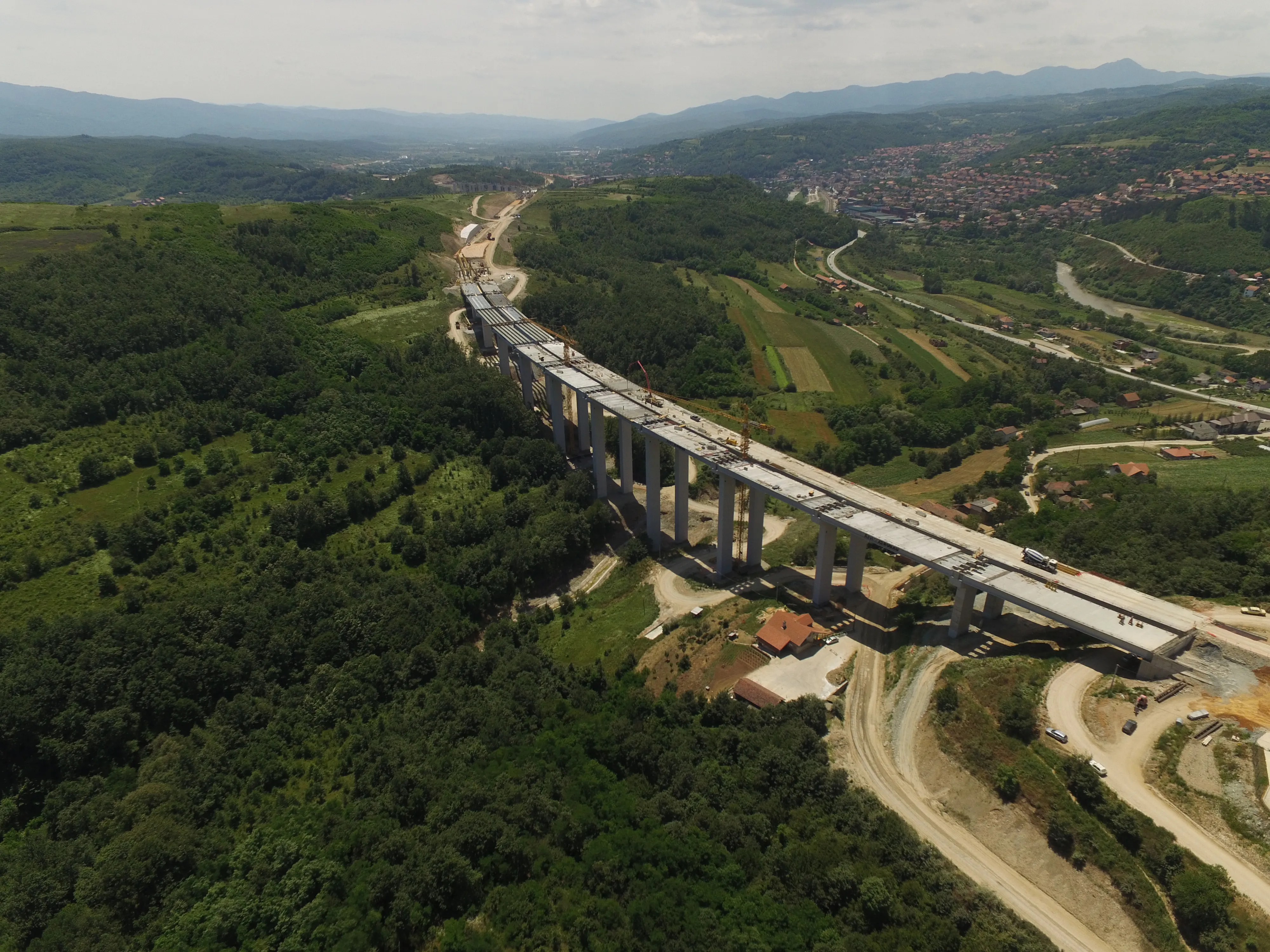Columbian president Juan Manuel Santos Colombia has said pension fund money could help finance the country’s ambitious 4G motorway projects.
Columbia has 35 road projects underway costing more than US$11.7 billion, including the first two 4G tender waves with six public-private partnerships that have already been approved.
During a banking convention held in the coastal city of Cartagena in mid-June, Banco Davivienda president Efrain Forero lending capacity studies have been completed for 4GH projects
June 25, 2015
Read time: 3 mins
Columbian president Juan Manuel Santos Colombia has said pension fund money could help finance the country’s ambitious 4G motorway projects.
Columbia has 35 road projects underway costing more than US$11.7 billion, including the first two 4G tender waves with six public-private partnerships that have already been approved.
During a banking convention held in the coastal city of Cartagena in mid-June, Banco Davivienda president Efrain Forero lending capacity studies have been completed for 4GH projects. Her said Davivienda Bank has completed assessments with the nine consortia from the first wave of tenders and several from the second wave that already have financial close on their projects.
The head of local bank Colpatria, Santiago Perdomo, said his bank is assessing 4G opportunities while the president of the local BBVA branch, Oscar Cabrera, said his institution is also analysing permits and capabilities within 4G projects.
However, while the 4G highway project creates business opportunities for local banks, it also presents problems, according to a statement in May from Fitch, an international financial ratings agency based in New York and London. Fitch, along with Moody's and5426 Standard & Poor's, are commonly referred two as the big three credit rating agencies.
The biggest challenge for 4G is attracting foreign funding. Fitch believes that a funding split of 25% international and 75% local would limit the potential for local banks to over-commit themselves.
Fitch estimated that the first two of three phases for 4G requires about $15 billion in financing, of which local banks are expected to fund up to about half. “We see Colombia's banks holding enough capital to withstand a high growth rate of 4G project loans under such a scenario,” the statement said.
“Large Colombian banks such as3123 Bancolombia, Banco de Bogota and Davivienda, along with midsize banks such as 5253 Corpbanca, Occidente, and new regional players including BTG Pactual, ITAU and 4001 Santander could participate in 4G's financings. Each of these banks may require some build-up of internal risk management capabilities relating to project management expertise, as the risks of such loans materially differs from traditional lending such as commercial and corporate loans.”
3260 World Highways reported in April that Colombia's national agency for infrastructure, Agencia Nacional de Infraestructura (ANI), had announced the second wave of 4G motorway projects made of nine projects that will require $5.64 billion. Four proposals had been received for the first of these projects, the Puerta de Hierro-Palmar de Varela-Cruz del Vizo motorway, a 202km road will require around $470 million.
Columbia has 35 road projects underway costing more than US$11.7 billion, including the first two 4G tender waves with six public-private partnerships that have already been approved.
During a banking convention held in the coastal city of Cartagena in mid-June, Banco Davivienda president Efrain Forero lending capacity studies have been completed for 4GH projects. Her said Davivienda Bank has completed assessments with the nine consortia from the first wave of tenders and several from the second wave that already have financial close on their projects.
The head of local bank Colpatria, Santiago Perdomo, said his bank is assessing 4G opportunities while the president of the local BBVA branch, Oscar Cabrera, said his institution is also analysing permits and capabilities within 4G projects.
However, while the 4G highway project creates business opportunities for local banks, it also presents problems, according to a statement in May from Fitch, an international financial ratings agency based in New York and London. Fitch, along with Moody's and
The biggest challenge for 4G is attracting foreign funding. Fitch believes that a funding split of 25% international and 75% local would limit the potential for local banks to over-commit themselves.
Fitch estimated that the first two of three phases for 4G requires about $15 billion in financing, of which local banks are expected to fund up to about half. “We see Colombia's banks holding enough capital to withstand a high growth rate of 4G project loans under such a scenario,” the statement said.
“Large Colombian banks such as







